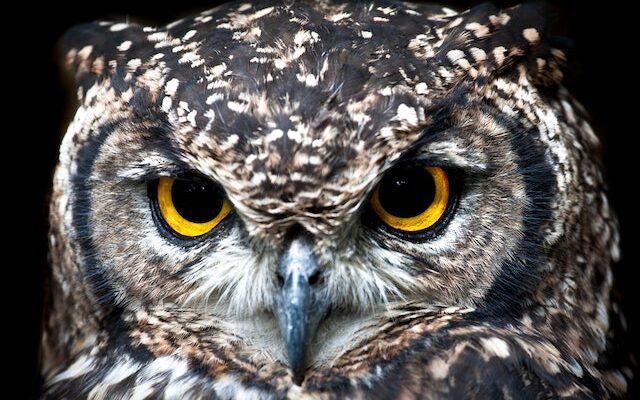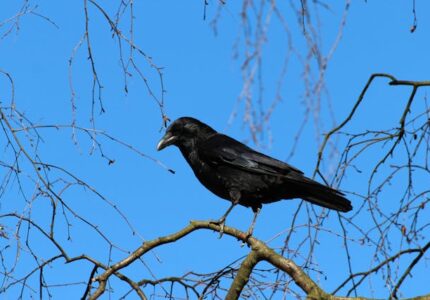Are Owls Bad Evil
Throughout history and across cultures, owls have been associated with various symbolism, including positive and negative connotations. Whether owls are considered bad omens largely depends on the cultural background and the specific beliefs of different societies. Here’s a nuanced exploration of the subject:
Positive Symbolism:
Wisdom: Owls are often associated with wisdom and knowledge in many cultures. Their large eyes and perceived ability to see in the dark have contributed to this symbolism. Ancient Greek mythology, for instance, features the goddess Athena, often depicted with an owl as a symbol of wisdom.
Guardianship: Some indigenous cultures view owls as protective spirits or guardians. The presence of an owl is believed to watch over and offer guidance to individuals or communities.
Transition: Owls are creatures of the night, which can be seen as a transitional time between day and night. This symbolism can represent change, transformation, and the unknown rather than harmful omens.
Negative Symbolism:
Death and Ill Omen: In some cultures, owls are associated with death, darkness, and ill omens. The eerie calls of owls in the night and their nocturnal behavior have contributed to these negative associations.
Superstitions: In certain regions, owls have been linked to superstitions and beliefs about impending misfortune or bad luck. These superstitions vary widely, with some cultures considering an owl’s hoot as a death omen, while others might associate owls with black magic.
Cultural Influence: Literature, folklore, and pop culture can also influence perceptions of owls. For example, in some horror stories and movies, owls are portrayed as ominous creatures, contributing to their negative image.
Cultural Variations:
Cultural interpretations of owls can vary significantly. In some parts of the world, owls are revered and respected; in others, they are feared and avoided. For example:
– In Native American cultures, owls are often seen as symbols of intuition, insight, and adaptability rather than negative omens.
– In ancient Rome, owls were considered sacred to the goddess Minerva and were associated with protection.
– In certain African cultures, owls are believed to be messengers of bad news or bearers of ill tidings.
Conclusion:
The perception of owls as bad omens or otherwise is a complex and multifaceted topic. Cultural beliefs, historical context, and personal experiences contribute to how owls are viewed in different societies. It’s important to remember that symbolism is not universal, and interpretations can vary widely. When encountering beliefs about owls, it’s valuable to approach them with an open mind and an understanding of the cultural and historical connections in which they are rooted.







Pingback: Great Horned Owl Feathers - Fowlparadise